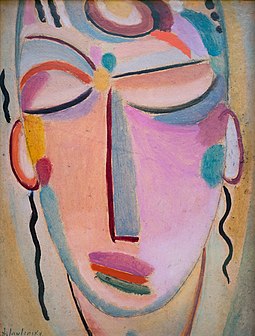Are writers soon to be replaced by Artificial intelligence (AI)? A reader sent me an article that raised the question. Its genesis came from a story about a man who wrote a children’s book using AI. Once released, reports of the publication raised hoopla in the writing community. I wasn’t surprised. I asked the same question in a 2019 blog. Having contemplated for years, I’ve decided not to worry about AI. Language is too fluid for algorithms to keep up with its changes. Last year, alone, the English-speaking world added 379 new words.
Machine learning expands as the human mind explores. It can, for example, create endless iterations of Star Trek, but it can never race ahead, taking us to worlds where no thought has gone before.
Writer Meghan O’Gleblyn gives us an example of why this is the case. (“Dear Cloud Support,” Wired, February 2023, pg 19.) Apps can instruct us on how to meditate, but its practice is beyond their ken. Apps lack consciousness and that makes them incapable of enlightenment.
Similarly, we may flock to social media for human connection, but it is a pale shadow of the real stuff. A tangle of algorithms that speak in emojis can never emulate the warmth of a hug. Frankly, I wonder if having 10,000 friends on Facebook matters if no one on the list knows I hate asparagus.
Social media sites remind me of post-its on Craigslist. They advertise personal needs. Silos of the self are how I think of them. The goal may be to commune with others but the result can become an internal monologue that serves to increase the appetite for the human touch–the way sugar excites our hunger for salt. Silos can be dangerous, for when we seat ourselves at the center of the universe, we invite mental illness.
Narcissism is one risk. Self-love skews reality and makes the afflicted more rather than less vulnerable. Many believe Donald Trump, our 45th President, exhibited the hallmarks of narcissism: feeling superior to others; requiring constant praise, and engaging in destructive behavior when deprived of it. Some shrug and call him crazy. But narcissism isn’t a mental illness. It’s part of the Dark Triad which includes Psychopathy and Machiavellianism, traits that are malevolent but not pathological.
The Dunning-Kruger effect holds that ignorance and a lack of education are the sources of these maledictions. Yet, new research suggests otherwise. Overconfidence is the culprit.
People who are convinced they are superior seek the company of others similarly affected. They form strong bonds that make them impervious to challenges from outsiders. Even so, that inner faith makes narcissists vulnerable to anyone who chooses to exploit their delusion. In sum, confidence makes them lazy. It’s easier to embrace familiar ideas than to keep an open mind.
I do not fear artificial intelligence. I fear human thoughts that go awry. Self-love drives a person inward though the intent is to find connection. The resulting irony is both perilous and tragic.
As a species, we are nothing without each other. No app can teach us that. We must learn the truth for ourselves.

